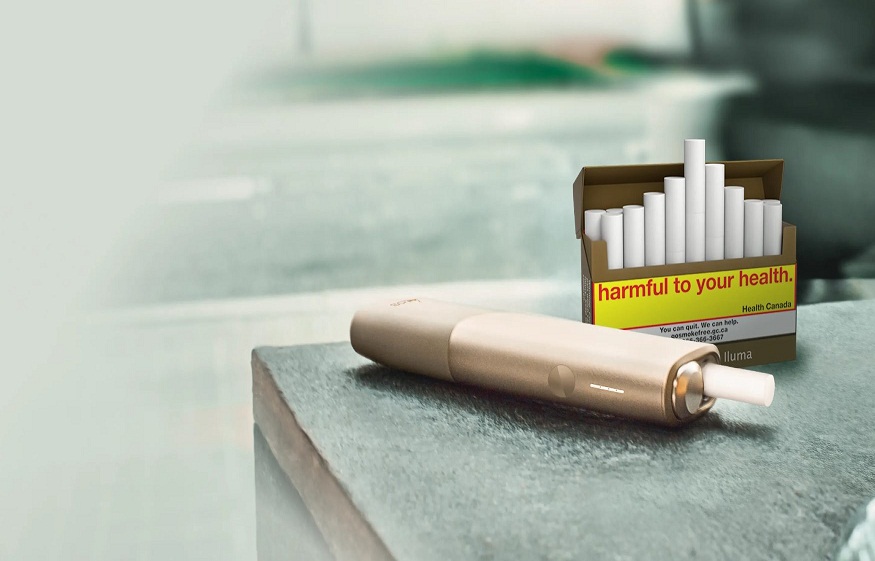Top ten health and wellness tips for nursing students
There is no question that nursing is one of the most admired, respected and rewarding professions on the planet. So it follows that studying for a degree in nursing is both a privilege and an exceptional chance to learn a wide range of incredibly useful skills, theories and strategies to be applied in the medical world. At the same time, nobody said it was easy!
In fact, whether you’re completing an undergraduate or postgraduate course, you need a high level of dedication, resilience and resistance to stress, particularly if you also have to work a full or part-time position as you study, or if you want to maintain good relations with friends and family. In this article, we look at ten health and wellness tips that can help you enjoy and benefit from your nursing studies while also avoiding the dangers of excess stress and burnout.
Number one: make a (flexible and realistic) plan
Pinning your class timetable up at home and adding it to all calendars is an absolute must – scheduling can be a nightmare if you don’t keep on top of things from the start. In addition, a study plan can help you maintain control of the educational process.
At the same time, it’s essential not to over-plan – there will always be times when, for whatever reason, you are unable to study, and it only makes sense to acknowledge that from the start. Incorporating one or two free days into your study week, for example, gives you space to adjust things when necessary, and rest if possible.
Similarly, it’s also important to be realistic: scheduling 12 hours of study a day when you also have classes, a job to do and kids or other family members to look after is just asking for trouble. Instead, see how you get on in the early stages of your degree and adjust your plan accordingly.
Number two: make time for study time
If humanly possible, it’s important to allocate specific time-slots where you know you will be able to dedicate time to reviewing and revising what you have learned in class or preparing for exams. In an ideal world, this would take place at 10 or 11 am after a long, leisurely sleep, a vitamin-filled breakfast and a good strong coffee.
In reality, it’s more likely to be at 5am while everyone else is still sleeping and your house is actually quiet, or perhaps during a bumpy 30-minute ride on your daily commute, papers resting on your knees and earpods on full volume to block out the background noise so you can concentrate. Either way, knowing that you have a specific time of day that you know you will be able to dedicate to study time can be an important source of comfort and reassurance.
Number three: make space
It’s also a good idea to carve out a little niche where you can focus on learning. It could be anywhere: at your desk at home, at a bench in the local park (assuming the weather is up to it), at the library, or even in your favorite local cafe, complete with latte and delicious pastries to reward yourself for all the hard work.
Naturally, tools of the trade are also useful, whether learning at home or in the classroom – study books, ballpoints, notebooks, folders, marker pens – whatever you need to collect your thoughts or explore new topics. Though if all else fails, you can always ask a friend.
Number four: let others know and share your stress
Chances are, not everyone you know is engaged in an incredibly demanding higher education course where they have to learn a range of complicated procedures and difficult theoretical strategies. It’s a good idea to inform people in advance that both during the course as a whole and particularly in exam periods, you may not be quite as available as usual. This way, they know not to demand or expect too much and won’t get offended if you can’t come out to play.
It’s also worth asking the people you live with to be respectful of your study spaces and learning materials, while talking to either friends and family or your fellow students about any difficulties you might be having can help reduce the burden. A problem shared is a problem halved, after all.
Number five: eat well
You’d think that health professionals and students would always be perfectly aware of the benefits of a healthy diet, but in reality they are often just as prone to junk food, smoking, too much alcohol or sugary snacks as everyone else, particularly in periods of high stress.
It’s worth bearing in mind, however, that snaffling a packet of chocolate biscuits down might help you get through the hardest part of the day with a rapid sugar boost, but in the long-term a healthier diet with high-quality, carefully selected snacks that can provide you with more long-lasting energy will likely be much more effective.
Number six: value your sleep
Similarly, as tempting as it might be to keep burning the midnight oil and stay up until the early hours to cram in some last-minute exam prep or finish off the latest written assignment, this is often a counter-productive step.
In all likelihood, you will perform better in tests through getting a good night’s sleep than uncomprehendingly reading your notes bleary-eyed at three in the morning. Generally speaking, it’s important to assign value to sleep, too, accepting that it will help you maintain higher levels of concentration over a much longer period.
Number seven: take a break
Another thing that is easy to say but hard to do: give yourself a rest. Again, this is all about the value you give it – if you accept that rest is an important thing that, rather than ruining your productivity will actually help you be more effective, it will be much easier to make time for it.
If your schedule is exceptionally packed, then at least leave a few minutes to rest – a five-minute coffee break in between study hours, a brisk stroll before class, or a little read of your book before sleep are all easy ways to give your body and brain to switch off and recharge.
Number eight: get moving
Speaking of brisk strolls, exercise is a great way to not only stay healthy, but also get your mind and your body active. It may seem hard at times, but it’s amazing how much energy a workout plan can add to your day, while it’s also a great antidote to sitting around in lecture halls or at your desk.
Again, if time is of the essence, a fast run, a few star jumps and sit-ups or a ten-minute yoga session are all great ways to boost your brain, get the heart going and stay active. And if you have a little longer, a walk in a park or similar on a Friday afternoon, for example, can be the perfect method for digesting what you have learned in your course during the week.
Number nine: accept the ups and downs
Anything remotely worth doing will have its ups and downs – apart from, perhaps, drinking a hot chocolate, which is usually pretty positive the whole way through. When completing a higher education course, it pays to be ready for a challenge, particularly if you have other serious commitments such as work and family to manage at the same time.
This is especially true for postgraduate students. If you are doing something particularly demanding, like advancing from MSN to DNP, for example, you will certainly have a number of challenges to overcome. However, picking the right university to study at makes a big difference. Choosing to study at Walsh University is a good choice for those seeking flexibility, as the university offers online programs which make it easier to fit studying around the rest of your life.
Number ten: keep your eyes on the prize
Speaking of which: it always pays to keep in your mind your ultimate goal of earning a qualification in a highly respected profession. Some students choose to place a note or a picture on the wall to remind them, while others might prefer to visualize those triumphant moments of collecting the final degree or accepting their first position after qualification.
The main point is to bear in mind that regardless of the difficulties on the way, you have made a positive decision to pursue an excellent career in healthcare. The the benefits of completing the course are clear – all the sacrifice and hard work is unquestionably going to be worth it in the end!



